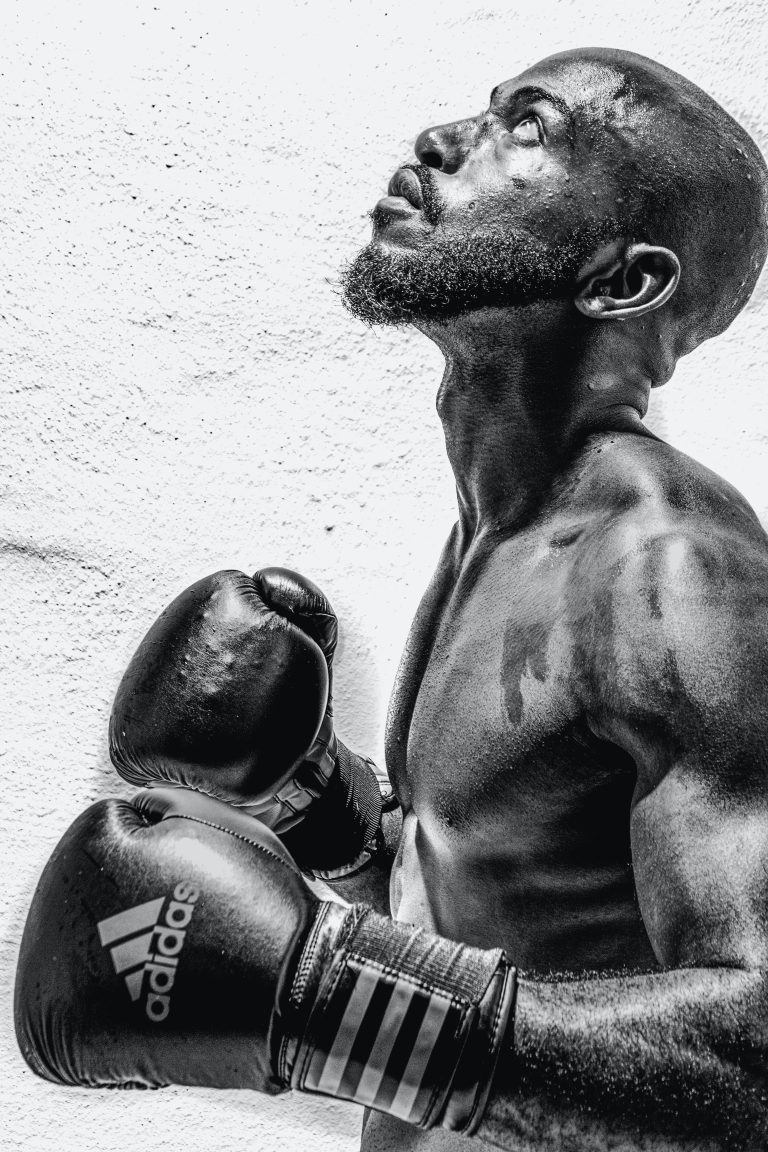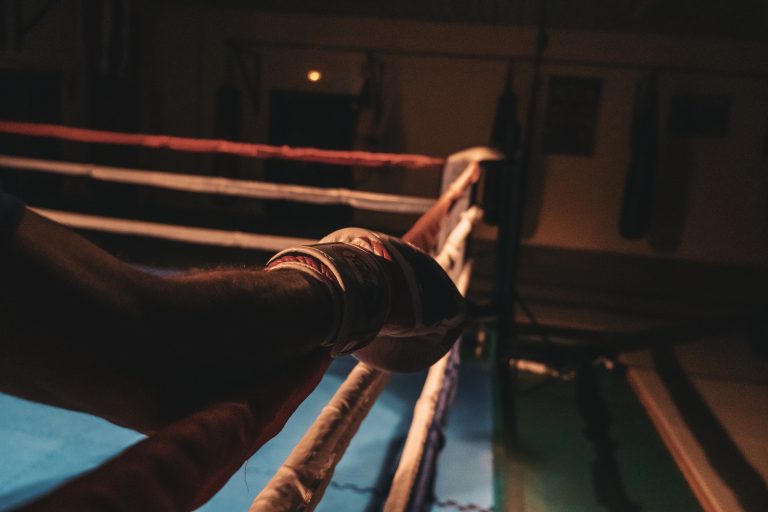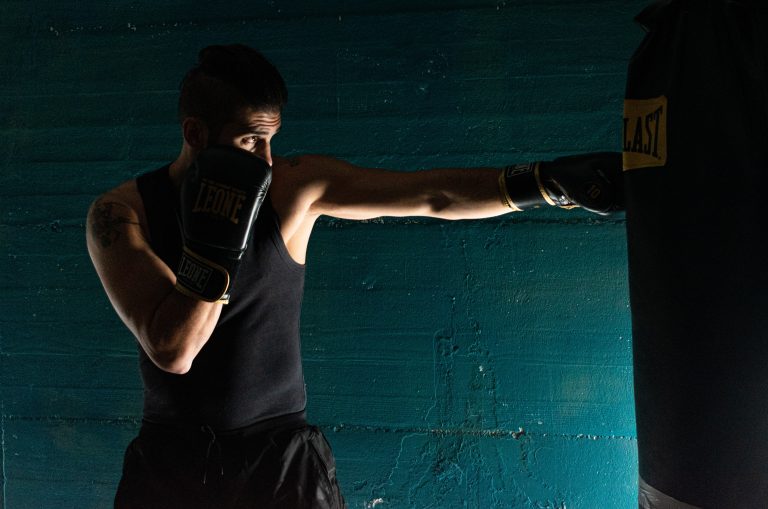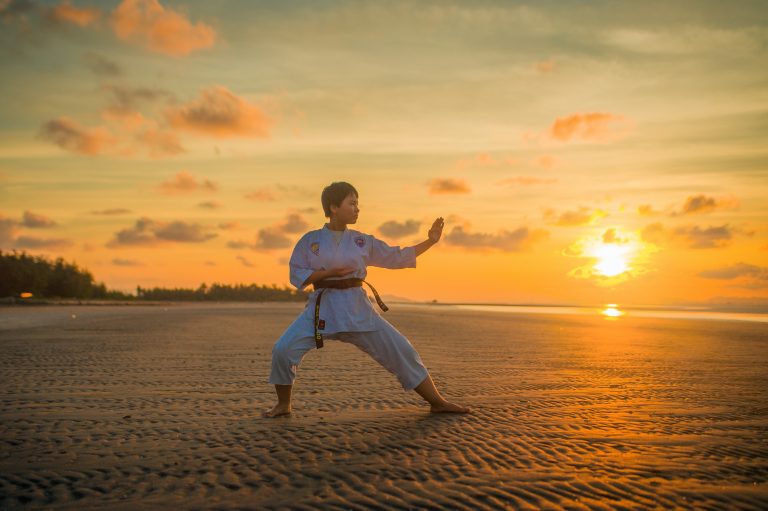What are the Benefits of Practicing Karate?
Karate is an ancient martial art originating from the Japanese islands. It was developed over hundreds of years and continues to be one of the most popular forms of self-defense and physical activity in the world today. People from all walks of life practice karate for a variety of reasons, from self-defense to physical and mental health benefits. In this post, we’ll take a look at some of the key advantages of learning karate, why it’s so popular, and how it can improve your life.
What is Karate?
Karate is a form of martial arts that includes an array of standing and ground fighting techniques. It typically involves strikes and blocks, as well as grappling and joint-lock techniques. Unlike other martial arts, karate doesn’t rely on weapons and instead uses the body as a weapon to defend against attacks. Each practitioner is encouraged to develop their own individual style, which has led to the development of many different forms of karate around the world.
What are the Benefits of Karate?
Karate can provide a wide range of benefits for those that practice it. Here’s some of the key advantages:
1. Improved Physical Health
Karate involves a range of physical activities that can help to improve physical health and wellbeing. The exercises involved in karate include aerobic and anaerobic exercises that can help to improve your fitness levels and build muscle. Karate also helps to increase flexibility, strength and endurance, as well as improving balance and coordination.
2. Improved Mental Health
Karate is effective not just for physical wellbeing, but also for mental wellbeing. Training in karate can help to reduce stress and anxiety levels, while also helping to improve concentration, focus and mental clarity. This improved mindfulness can then be applied to everyday life, allowing practitioners to have a better sense of purpose, clarity and direction in their lives. In addition, karate has been proven to reduce symptoms of depression and improve overall mood for practitioners.
3. Enhanced Self-Defense and Confidence
Karate teaches practitioners effective self-defense techniques that can be used in real-world situations. This can help practitioners feel more secure in their everyday lives, knowing they have the skills to defend themselves in dangerous situations. As practitioners progress through their training, they will develop more confidence in their own ability to defend themselves, while also learning how to execute the various techniques correctly and effectively.
4. Improved Social Skills
Karate classes provide practitioners with an opportunity to interact with others who share a common interest in the art. This social aspect of training is important for practitioners as it can help build relationships with others as well as developing communication skills and resilience when dealing with difficult situations. Practising karate also gives practitioners the chance to learn valuable leadership skills as they progress through their training, making them better equipped to interact with others in daily life.
5. Increased Self-Discipline and Respect
Karate is based on a strict code of respect, focus and discipline, which is important for its practitioners to adhere to if they wish to succeed in their training. As such, karate requires a great level of commitment from the practitioner, which can foster self-discipline and respect throughout their lives. This strong foundation of self-respect then carries through into everyday life and can lead to improved personal relationships outside of the dojo.
Why Is Karate So Popular?
Karate is one of the most popular martial arts in the world today, with millions of people taking part each year. It’s popularity comes down to its unique blend of physical activity and post-practice benefits – there are few other forms of exercise that offer such a comprehensive list of advantages.
Karates appeal also lies in its accessibility. Compared to many other martial arts, karate requires minimal equipment and can be practised almost anywhere without specialist facilities or equipment. Furthermore, practitioners are encouraged to develop their own individual style, allowing them to make their karate practice unique andpersonalised to their own needs and preferences.
Finally, karate encourages its practitioners to pursue higher degrees of learning and understanding – something that not only builds confidence in the art but stays with the practitioner even outside the dojo. As such, it provides something that many other forms of exercise don’t – a sense of inner peace, growth and self-empowerment once mastery is achieved.
Conclusion
Karate offers a unique amalgamation of physical activity and mental practice that’s incredibly difficult to find elsewhere. By committing to training in karate and infusing it with discipline, focus and respect – practitioners can reap a broad array of physical and psychological benefits which will no doubt improve overall wellbeing in their lives. There’s no denying the global appeal that karate has – so why not give it a go yourself?
What are the Benefits of Practicing Karate?
If you’re looking to learn a new martial art or just looking to get into shape and improve your self-defense skills, then karate might just be the perfect sport for you. Karate, a Japanese martial art, has been gaining popularity around the world for its ability to improve one’s physical, mental, and emotional health. In this blog post, we will go through some of the most frequently asked questions about the benefits of practicing karate.
What Exactly is Karate?
Karate is a martial art that is focused on self-defense through the use of one’s hands, feet, and other parts of the body as weapons. The word „karate“ literally means „empty hand“ since it primarily involves striking techniques without the use of weapons.
What are the Physical Benefits of Practicing Karate?
There are numerous physical benefits to practicing karate that makes it a great form of exercise. Here are some of the most important ones:
1. Improve Flexibility and Range of Motion
Karate involves a wide range of movements, which in turn helps to improve your flexibility and range of motion. Over time, this can help to prevent injury and increase your overall physical health.
2. Increase Strength and Stamina
Karate is a physically demanding sport that requires a lot of strength and stamina. Practicing karate regularly can help you build muscle and increase your endurance, resulting in a leaner, healthier body.
3. Improve Cardiovascular Health
Karate is an aerobic exercise that can improve your cardiovascular health. By engaging in karate, you can lower your blood pressure, reduce your risk of heart disease, and improve your overall physical health.
4. Improve Coordination and Balance
Karate involves a lot of precise movements, which can help to improve your coordination and balance. With regular practice, you’ll be able to move more gracefully and confidently, both on and off the mat.
What are the Mental Benefits of Practicing Karate?
In addition to the physical benefits, karate also offers numerous mental benefits that can help you improve your overall well-being. Here are some of the most important ones:
1. Increase Self-Discipline and Self-Control
Karate requires a lot of discipline and self-control, which can help you develop these qualities in your everyday life. By practicing karate, you’ll learn how to focus your mind, overcome challenges, and stick to your goals.
2. Boost Self-Confidence and Self-Esteem
Karate classes are designed to help you improve your skills over time, which can give you a sense of accomplishment and boost your self-confidence. Additionally, karate can help you develop a more positive self-image, which can improve your overall self-esteem.
3. Reduce Stress and Anxiety
Karate involves a lot of physical activity, which can help to reduce stress and anxiety levels. Additionally, the mental focus required in karate classes can help you clear your mind and focus on the present moment, reducing stress and anxiety levels even further.
4. Improve Mental Focus and Cognitive Function
Karate requires a lot of mental focus and concentration, which can help to improve your cognitive function. With regular practice, you’ll be better able to think on your feet, react quickly, and make better decisions in your everyday life.
How Does Karate Improve Self-Defense Skills?
One of the main reasons people practice karate is to improve their self-defense skills. Karate is a great martial art for self-defense because it focuses on using your body as a weapon. Here are some of the ways karate can help improve your self-defense skills:
1. Improve Reaction Time
Karate classes involve a lot of sparring, which can help to improve your reaction time. This can help you react more quickly in a self-defense situation, increasing your chances of getting away unharmed.
2. Develop Effective Striking Techniques
Karate involves a lot of striking techniques, which can be very effective in a self-defense situation. By practicing these techniques regularly, you’ll be better prepared to defend yourself if the need arises.
3. Improve Footwork and Positioning
Karate involves a lot of footwork and positioning, which can help you stay balanced and in control in a self-defense situation. With regular practice, you’ll be better able to move quickly and evade attacks, increasing your chances of staying safe.
4. Build Confidence and Self-Assurance
Finally, practicing karate can help you build confidence and self-assurance. This can be critical in a self-defense situation, where your ability to stay calm and focused can mean the difference between staying safe and getting hurt.
Conclusion
In conclusion, there are numerous benefits to practicing karate, both physical and mental. Whether you’re looking to improve your overall physical health, boost your self-confidence, or improve your self-defense skills, karate is a great martial art to consider. So why not give it a try and see what benefits it can bring to your life?
Inhaltsverzeichnis






